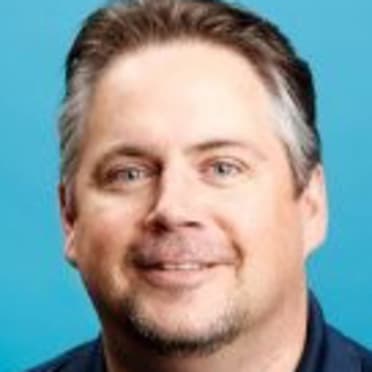Ron Gardenhire wanted a word. It was time for Justin Morneau to listen.
The Twins’ manager saw his 2006 club floundering below .500 in early June. He knew it was capable of better. So, too, was his young first baseman.
Gardenhire pulled Morneau aside on June 7 to let him know he would not be in the lineup that night against the Mariners at Safeco Field -- and he let him know why. It wasn’t a dressing down, nor was it a pep talk. It was more of a reminder about just what Morneau was capable of and the gap between that and his production to that point.
Morneau, 25 at the time and in his second season as an everyday player, had a slash line of .237/.299/.453 and 11 home runs. Thereafter, he slashed .361/.411/.609 and hit 23 homers.
The end result was the signature season of Morneau’s stellar 14-year MLB career, an American League MVP campaign that bolsters his case for Hall of Fame consideration as he appears on the Baseball Writers’ Association of America ballot this year for the first time.
"It woke me up; he lit a fire under me," Morneau said of Gardenhire’s talking-to, after he was announced as the 2006 AL MVP. “… Gardy helped me realize that I can be a lot better than I was.”
Among the well-wishers that day when Morneau’s honor was announced was Larry Walker, the first Canadian to win a league MVP Award. Could Morneau, a native of New Westminster, British Columbia, follow Walker (and Canadian pitcher Ferguson Jenkins) into the Hall of Fame, as well?
That question, like the MVP decision, is in the hands of the writers. The 2022 Hall of Fame Induction Ceremony will take place on July 24 in Cooperstown. This year’s ballot was released by the BBWAA on Nov. 22, and voters had until Dec. 31 to submit their ballots. Election results will be announced live on MLB Network on Jan. 25, 2022.
Morneau’s résumé includes four All-Star seasons, two Silver Slugger Awards and the 2014 National League batting title. (He hit .319 for the Rockies.) His final slash line was .281/.348/.481, and he finished with 247 home runs, 985 hits and a 27.0 bWAR.
We’ll find out on Jan. 25 how those numbers are judged. We already know that Morneau’s emergence as one of the best hitters in the game started on June 7, 2006. After the benching, Morneau put in extra work that week with hitting coach Joe Vavra. Nothing dramatic -- just simple repetition, mentally and physically, to “stay back” in the batter’s box and let his quick, left-handed swing do its thing.
“I said, ‘Let’s try to do the same thing over and over -- and then the same thing tomorrow,’” Morneau recounted at his MVP press conference. “And I did the same thing the next day and ate the same things and kept with the same routine.”
It was no coincidence that as Morneau blossomed in 2006, the Twins turned their season around. From 25-33 and 11 1/2 games out of first place in the AL Central the day Morneau was benched, the Twins doggedly pursued the Tigers until they caught them in the season’s final week and passed them on the last day of the regular season to claim the division crown.
MVP voters noticed the correlation between Morneau’s turnaround and the team’s. Morneau not only edged Yankees shortstop Derek Jeter (5.6 bWAR) in the voting, but he outdistanced two teammates who accumulated higher bWAR totals, starting pitcher Johan Santana (7.6) and catcher Joe Mauer (5.8).
“This is a team of MVPs,” Morneau said then.
Morneau had a 4.3 bWAR but finished strong and had great traditional numbers: .321 batting average, 34 homers, 130 RBIs, 97 runs scored. Fittingly, he played a lead role in the division-clinching 5-1 win over the White Sox on Oct. 1, driving in the tying run and scoring the go-ahead run.
Morneau’s MVP nod raised some eyebrows with Jeter backers, but not with his teammates.
“He deserved to be MVP,” center fielder Torii Hunter told the Minneapolis Star Tribune. “He worked hard for us. He struggled at the beginning, but he got it going in June and he helped us get to the playoffs.”



